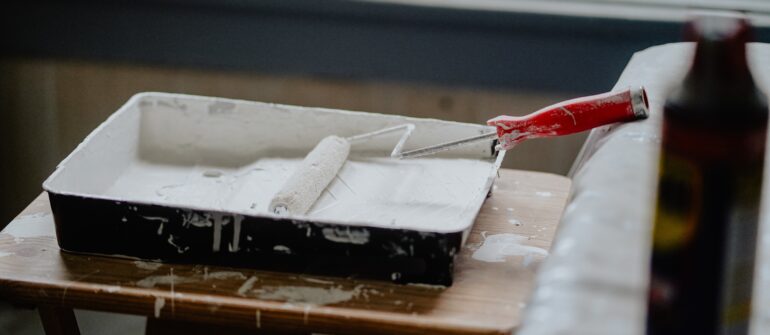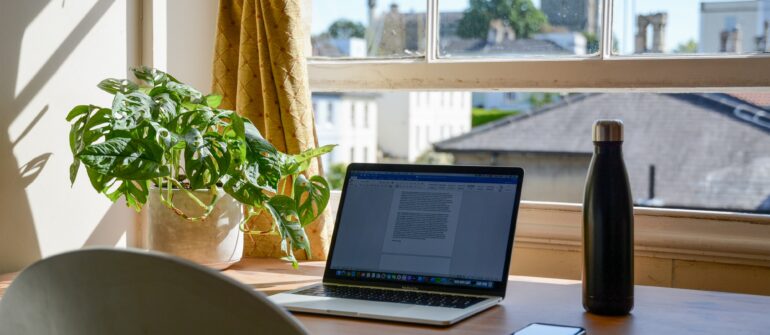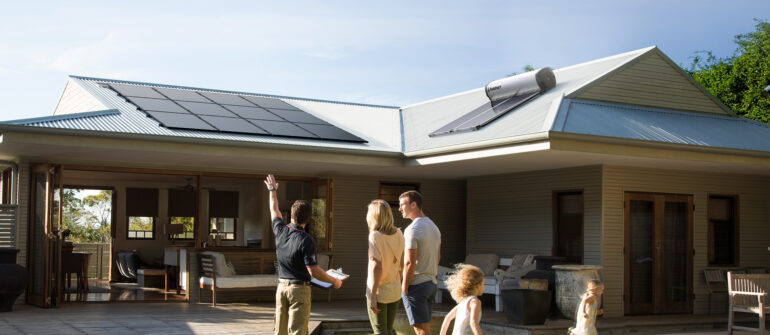- Reduce your energy consumption, helping you to keep more money in your pocket.
- Take advantage of government incentives, known as Small-Scale Technology Certificates (STCs) to help you make the switch; and
- Potentially increase the value of your home.
Another significant advantage of going solar is its benefit to the environment. According to The Australia Institute Climate of the Nation Report 2019, 83% of 18-34 year-olds are concerned about climate change. In addition, 81% of Australians are worried that climate change will result in more droughts and flooding, up from 78% in 2018. As solar uses the sun as a renewable energy source to either power your home or heat water, going solar helps you reduce your carbon emissions, leading to a more sustainable lifestyle.
In this article, we will explore how solar works to help you reduce your carbon emissions, as well as the extent to which you can make a positive contribution to the environment.
The Solar Opportunity
Producing energy with the use of fossil fuels generates carbon dioxide, which leads to increased pollution and climate change.
Australia has the world’s highest solar radiation at 58m petajoules per year, approximately 10,000 times larger than its total energy consumption. So, there is an incredible opportunity to use the abundant sunshine to power our homes, heat water, and help reduce the risk of climate change.
Currently, approximately 15,000 panels are installed daily in Australia, evidence that the upward trend in solar is continuing. Solar comes in the form of solar power and solar hot water. Both allow you to generate energy free from the sun, thus reducing the reliance on fossil fuels and the grid to power your home and heat water.
How Does Solar Help the Environment?
Solar panels are made up of many photovoltaic cells that convert sunlight into electricity so it can be used in the home or stored in a battery for later use. Specifically, the panels convert sunlight into Direct Current (DC), which is then fed through an inverter and turned into usable electricity to power your home. Solar power produces energy free from the sun – a resource that doesn’t run out. Using the sun to generate power means less toxic emissions are released into the air, reducing your carbon footprint in the process.
Traditional electricity production can use thousands of litres of water each year, due to activities such as cooling generators, processing fuel and transporting fuel through pipes. Approximately 10% of energy is lost when electricity is transported between power stations to homes. In contrast, photovoltaic cells only use the abundant natural resource that is the sun. As Australia is one of the world’s driest continents, conserving water is of great benefit to the environment.
Solar hot water also uses the sun to produce energy. In contrast to solar power, solar hot water stores energy from the sun in the form of hot water, which is ready for use at a later time. As the sun heats the water in the solar collectors, the increase in temperature causes the water to rise and move through an insulated pipe into a storage tank.
With solar hot water, you can enjoy your showers, complete the washing and other household activities, knowing you are doing your bit to reduce greenhouse emissions. In fact, a Solahart solar water heater can help you save up to 1.6 to 2.7 tonnes of carbon emissions per year. Also, if you replace your current gas or electric water heater with a solar water heater, you could save up to 65% of your hot water energy use, based on a 300-litre Solahart roof-mounted system in zone 3.
- Solahart starts with a free, safer home solar assessment to provide a solution tailored to your needs. We’ll recommend the right system and correct configuration that fits your budget and your energy consumption.
- Our installers are trained to the highest standards with Clean Energy Council (CEC) accreditation, and every Solahart dealer is part of the CEC retailer code of conduct scheme, to ensure the safety and effectiveness of your system.
- All this is backed by our comprehensive warranties and the peace of mind you’ll get from dealing with Australia’s solar pioneer.
So, there is your guide to how going solar is an environmentally-friendly move. By going solar, you can make a positive difference to the environment, in addition to significantly reducing your energy consumption. If you are thinking about solar for your home, speak to Solahart Mansfield today to find out more.








